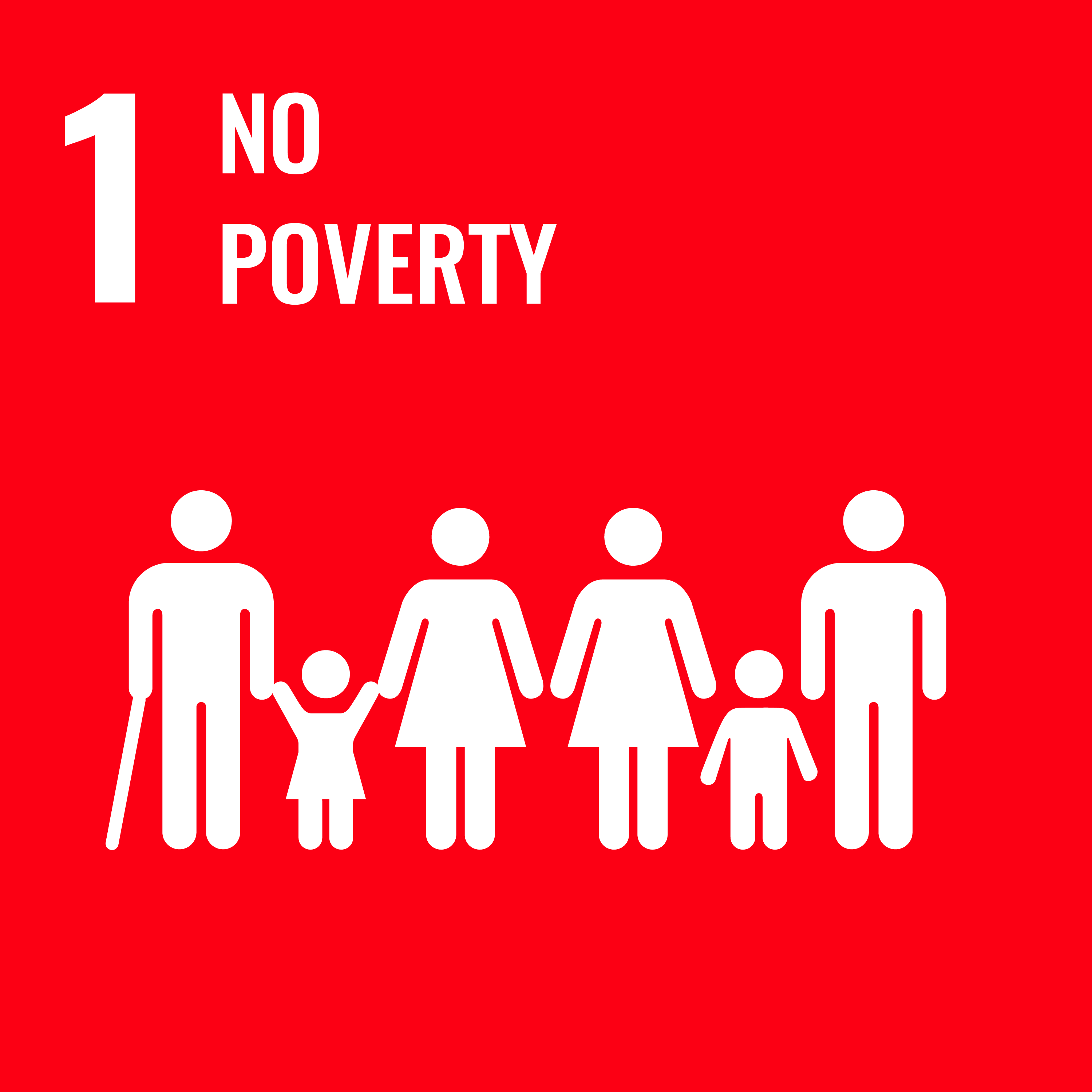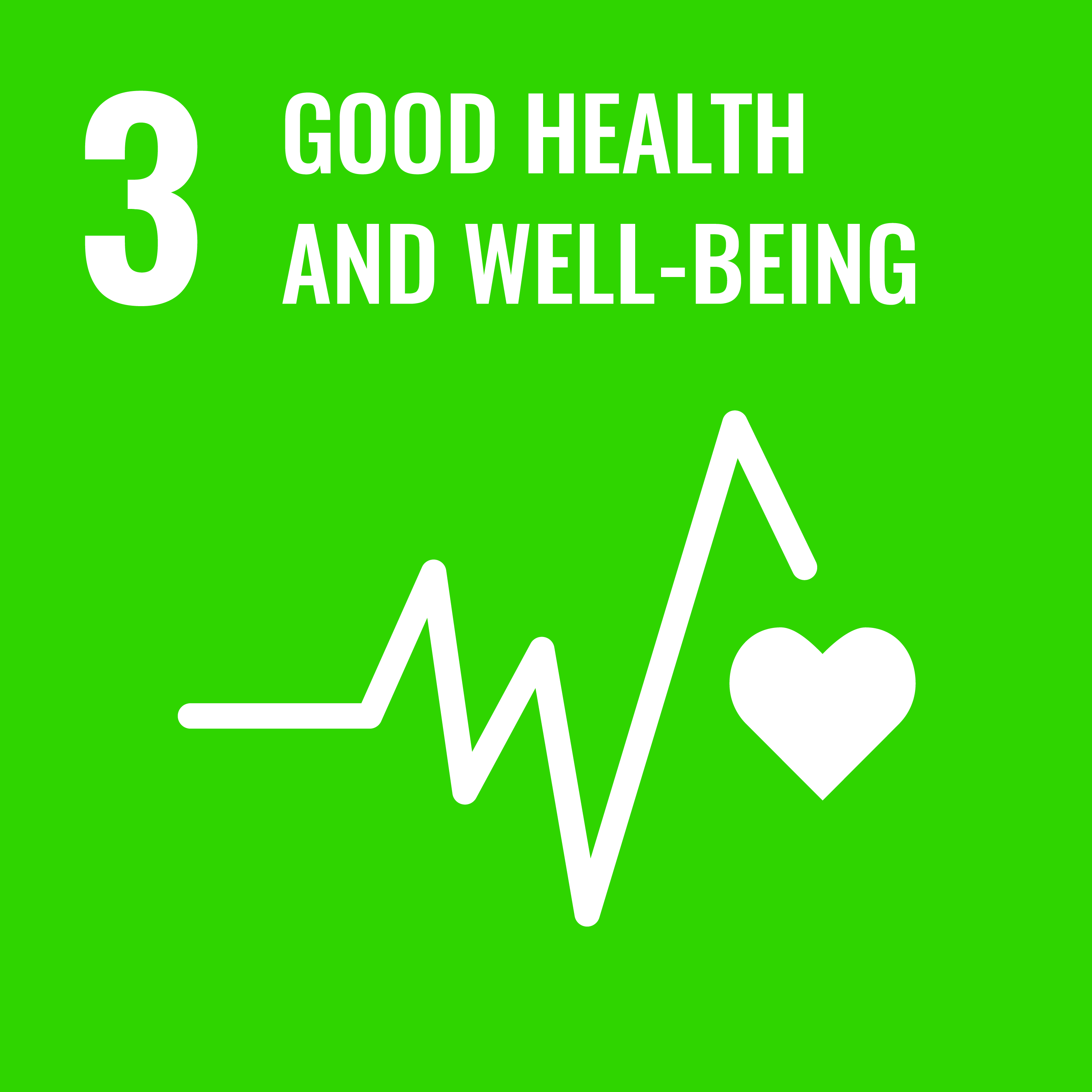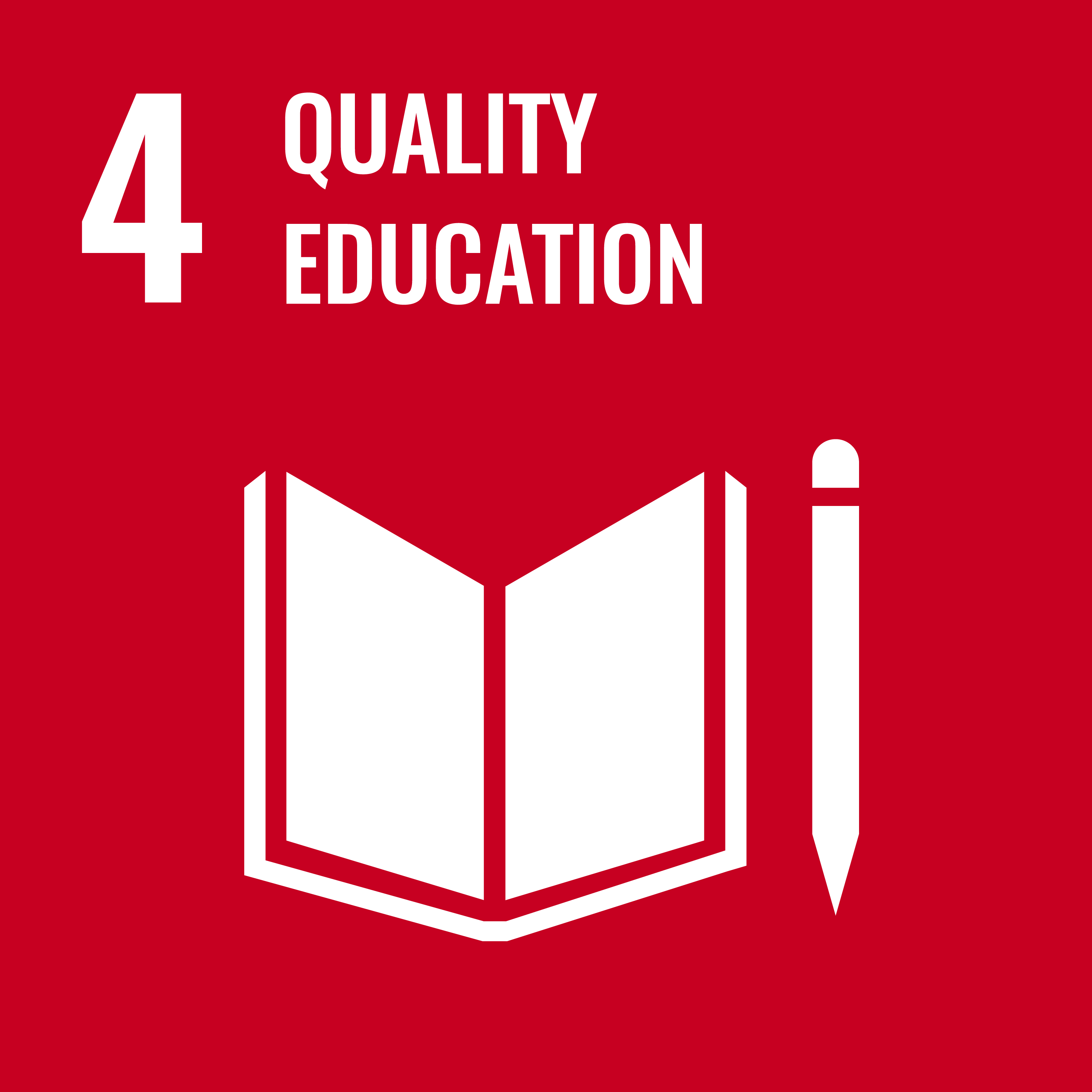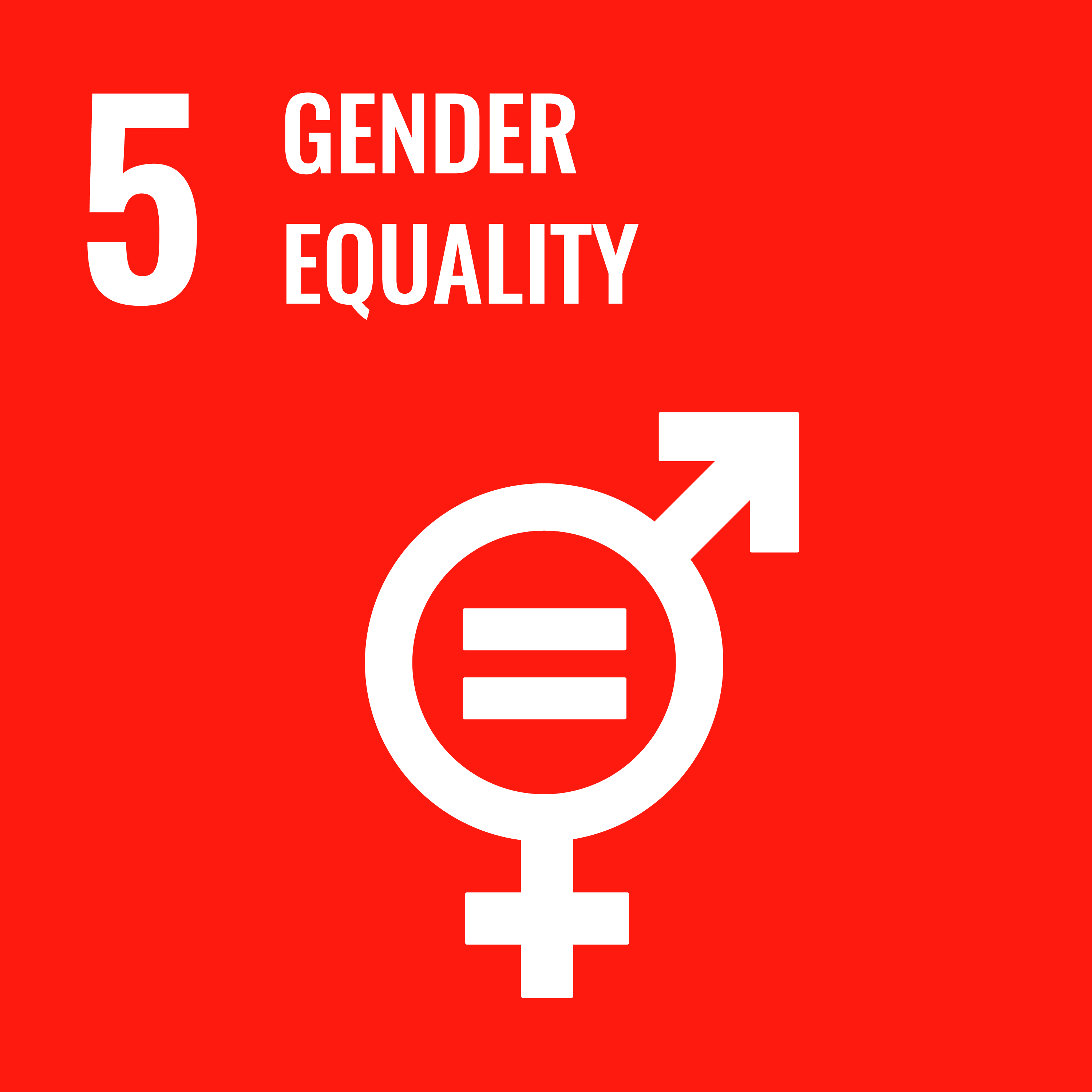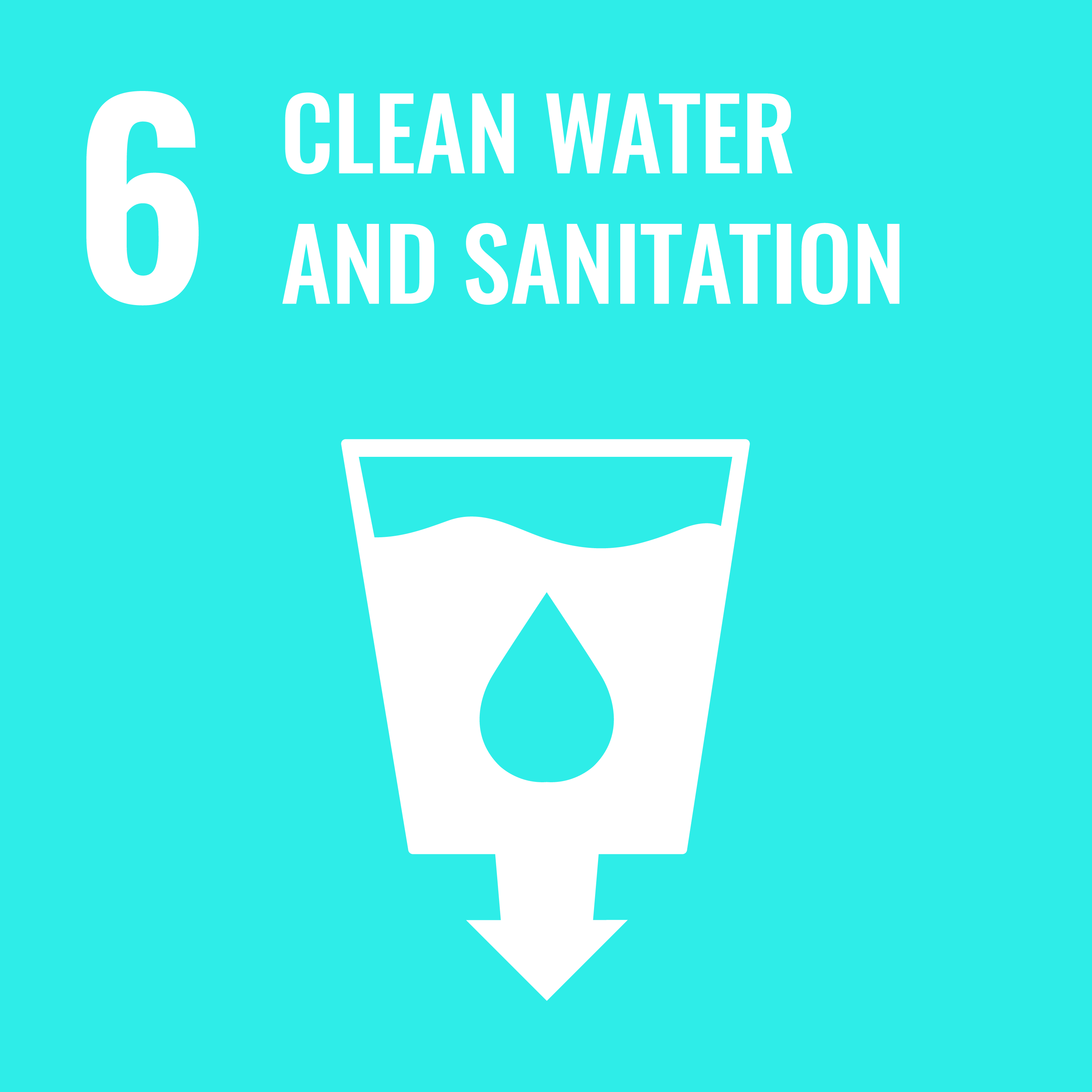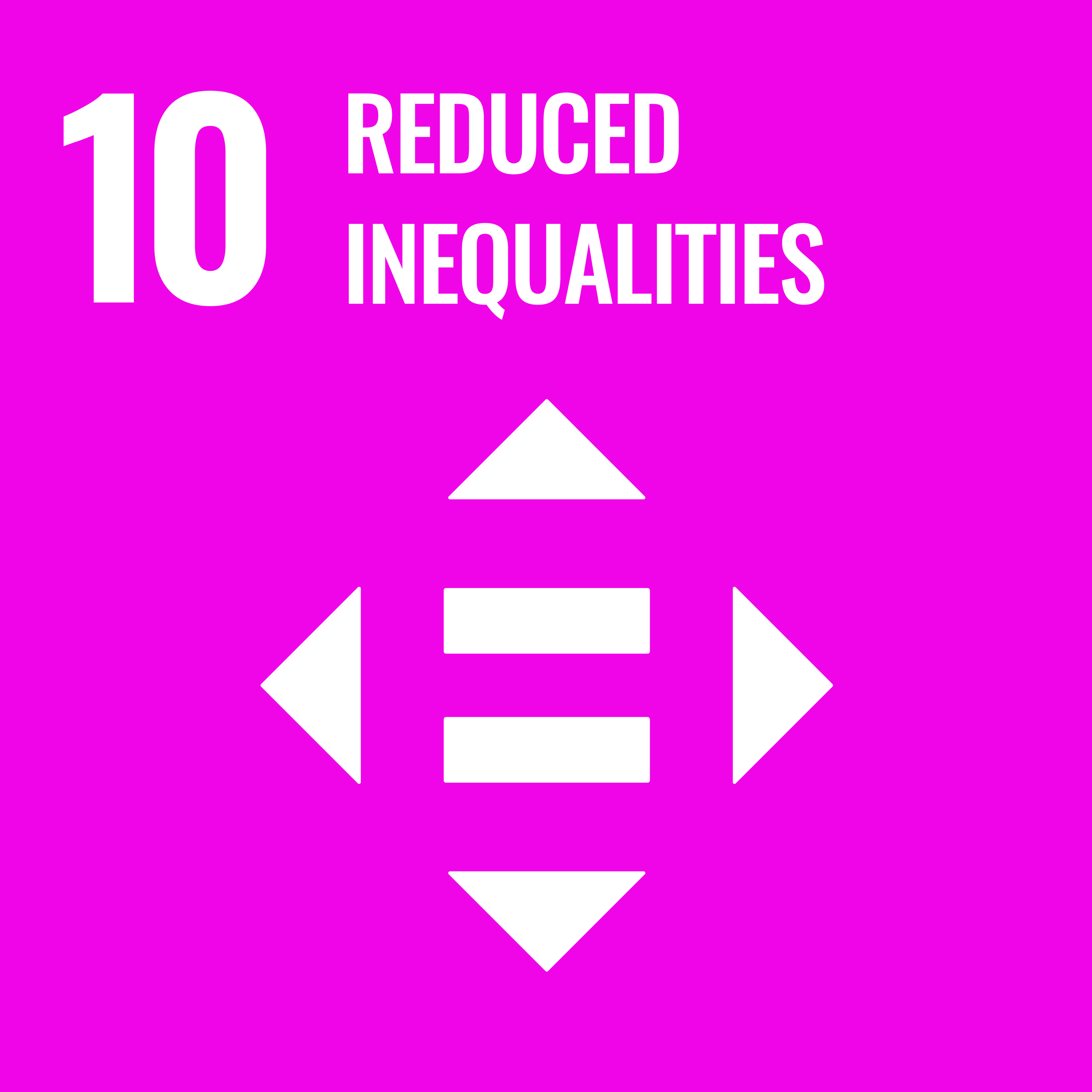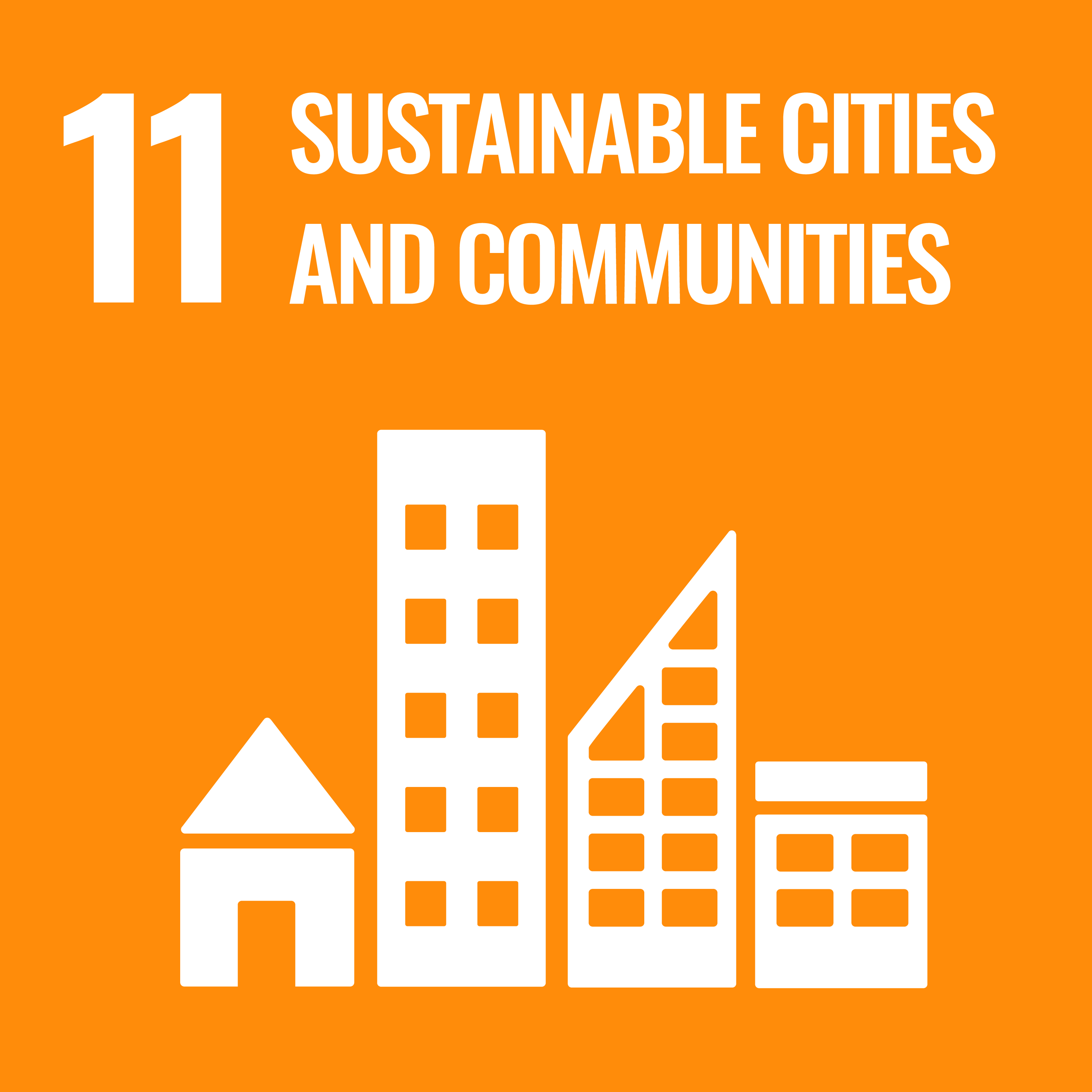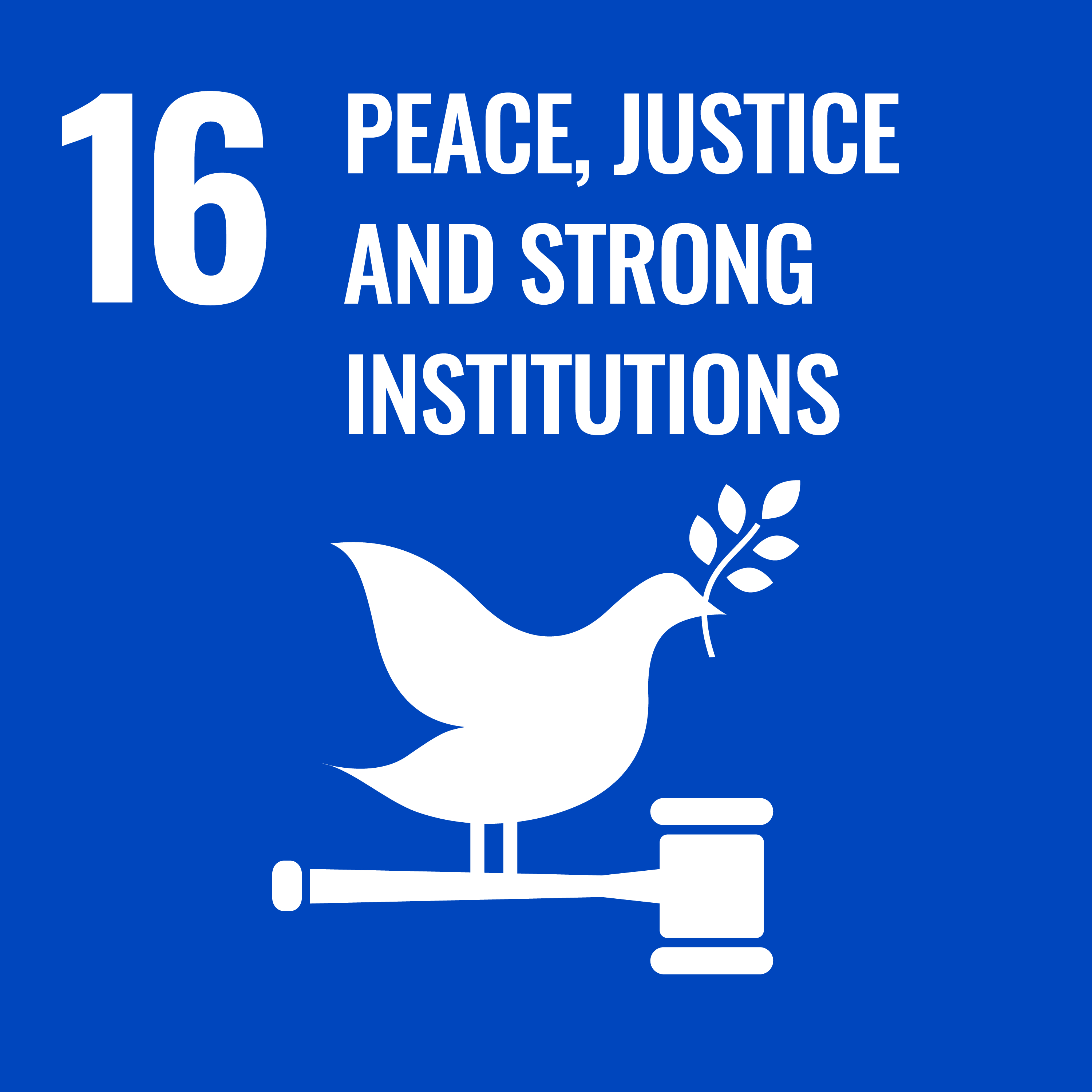Outcome 4: Women’s equitable access to services, goods and resources
More women and girls have equitable access to high-quality public goods, services, and resources that are responsive to their needs.
Sujata Sharma Poudel, a psychosocial counsellor, speaks with a local woman at the Women's Rehabilitation Centre in Panchkhal Nepal following the 2015 earthquake. Photo: UN Women/Samir Jung Thapa.
Contributes to achieving SDGs
UN Women Tajikistan Facilitates the Opening of a Reproductive Health Support Room in Vahdat
The opening ceremony of the "Reproductive Health Support Room" in Vahdat, Tajikistan. Photo: UN Women/ Umeda Ghafurova
Vahdat, 3 September 2024 – UN Women Tajikistan has supported the establishment of a Reproductive Health Support Room in Vahdat, a key initiative aimed at offering comprehensive services. These include reproductive health and family planning, mental health support, initial psychosocial assistance for survivors of gender-based violence, as well as preventive care and treatment services. The establishment of a Reproductive Health Support Room in Vahdat was supported by the Women’s Peace and Humanitarian Fund and implemented jointly by UN Women and UNFPA Tajikistan. The Room was opened during an event which was attended by representatives of government officials from Tajikistan's Ministry of Health and Social Protection, the Executive Bodies of Vahdat city, UN Women Tajikistan, UNFPA Tajikistan, the NGO “Gender and Development”, and representatives of the Afghan women's refugee community.
The city of Vahdat, with an estimated population of 54,400 as of 1 January 2022, is home to over 7,000 Afghan refugees. The newly established Reproductive Health Support Room will play a pivotal role in addressing the health needs of the target groups of the project. Special attention will be given to reducing the burden of diseases and promoting preventive healthcare, particularly for women living with disabilities, Afghan women refugees, and other at-risk groups. Through the provision of inclusive services, this facility aims to make a meaningful contribution to the well-being of women in Vahdat, including the significant refugee population. The healthcare professionals serving at the Reproductive Health Support Room bring with them a wealth of experience and specialized knowledge in reproductive health. They are committed to ensuring accessible healthcare for women with disabilities, offering psychological support, and implementing proactive measures to address gender-based violence.
The establishment of this room marks a significant achievement within the framework of the project “Socio-economic Recovery of Afghan Women Refugees in Vahdat and Rudaki.” This project is supported by the Women’s Peace and Humanitarian Fund and implemented by UN Women Tajikistan and UNFPA Tajikistan in partnership with the Public Organization “Gender and Development.” The opening of this Reproductive Health Support Room reflects the project's dedication to improving the health and well-being of women affected by forced displacement. UNFPA in Tajikistan has also contributed to this initiative, further underscoring the collective commitment to addressing the needs of underserved women.
The project is being implemented in close cooperation with the Committee on Women and Family Affairs under the Government of the Republic of Tajikistan and the Ministry of Labour, Migration, and Employment of the Population of the Republic of Tajikistan. It provides various training courses for Afghan women refugees, including English, IT, human rights, gender equality, refugee rights and obligations, prevention of gender-based violence, business start-up, and business retention and expansion. These initiatives aim to enhance the economic and social integration of Afghan women refugees into the host community.
Tags
A mother and her one-year-old daughter with severe acute malnutrition receive treatment at the Hayal Arab health facility in Atbara, River Nile state, Sudan. Photo: UNICEF/UNI607280/Ahmed
“After I found out that I was pregnant, I decided that I would never give up my child,” said Amna Salih.*
When UN Women last spoke to Salih, she had recently given birth to a child after being raped by soldiers amid Sudan’s civil war.
“Now, I'm finally holding my seven-month-old baby in my arms,” she said. Salih, who is 19 years old, said that she was determined to raise her child despite “the harshness of society after they found out that I was pregnant.”
Hundreds of Sudanese women and girls have been raped during the conflict between the Sudanese Armed Forces and the Rapid Support Forces, which has been ongoing since April 2023.
In a September 2024 report, the Sudanese government’s Unit of Combating Violence Against Women and Children (CVAW), documented 216 incidents of sexual violence in the first 18 months of the conflict, and estimated that those documented cases constituted a mere 2 per cent of the total incidents of sexual violence. The report concluded that sexual violence is being used as a weapon in Sudan, with the objectives of humiliation for ethnic or ideological reasons, forced eviction and displacement, and creating chaos and a sense of insecurity.
The lack of health care and psychosocial support adds to the burdens faced by survivors of sexual violence.
“When he was born, [my son] was sick for a long time and had some health complications,” Salih said. “I didn’t have enough breast milk to feed him, and now it has stopped entirely.”
UN Women has worked with the Sudanese Organization for Research and Development (SORD), to provide Salih and many others with psychological and medical support, helping her to rebuild her life and care for her child.
Salih said that a social worker helped her secure healthcare and emotional support before the baby was born, and that a generous local family cared for her and her baby after birth. However, that family is facing economic hardship due to the war, making Salih’s future all the more uncertain.
“I often think that the burden and responsibilities have become too much for them, because I don't have any source of income, especially since my baby needs external [powdered] milk, clothes, and health care,” Salih said. “I feel annoyed that I am a burden on them, even though they never complain or make me feel that way.”
Children conceived as a result of conflict-related sexual violence, including Salih’s son, lack vital official documentation such as a full birth certificate identifying the child’s father. Sudan’s National Council for Childhood oversees social welfare programmes for children who need support, but the system lacks funding and consistent protocols, especially during wartime.
“Society is ruthless,” Salih said. “You often hear hurtful words and nicknames used about those who do not know their fathers or mothers.”
UN Women and SORD work to reach survivors at all levels, addressing both the direct impacts of conflict-related sexual violence and the structural and cultural consequences faced by women and girls.
“Conflict-related sexual violence in Sudan is a significant issue, causing economic insecurity, social vulnerability, and limited access to essential services,” said Safia Alamin, Programme Specialist for Gender-based Violence and Protection from Sexual Exploitation and Abuse at UN Women Sudan.
“The women, peace, and security resolutions of the UN Security Council emphasize the need for preventative and responsive measures to address this violence, including comprehensive support,” she said. “Despite this, many survivors face challenges in accessing services due to resource constraints, sociocultural stigma, and lack of information.”
UN Women is also working with local partners to develop a comprehensive framework that integrates legal, psychological, and economic resources to support women like Salih and expand the reach of essential services.
“I dream of completing my education to support my son in the future and to meet his needs and expenses,” Salih said. But sometimes, she added, “the future is completely dark for me.”
*Salih's name has been changed to protect her safety.
Tags
A woman receives cash assistance in Injil District, Herat Province. Photo: UN Women/Sayed Habib Bidell
Ornate multicoloured mosques stand in sharp contrast against the barren, snow-capped mountains in Afghanistan’s northern Balkh Province. While summers here are sweltering, winters can be brutal, with freezing temperatures at night. Here, where many households cannot afford heating due to rampant poverty, winter is a time to be dreaded.
Women-led households are particularly vulnerable, as the Taliban have restricted sectors wherewomen have access to paid work, and women and girls disproportionately suffer from malnutrition and anaemia, making it harder to withstand cold temperatures.
“My daughter always has a headache. I took her to the clinic several times, and they say she has low blood and is not properly nourished,” says Noorya,* a widow with six children. “We lacked sufficient food and clothing. My children wore old clothes we got from people, and those clothes are now torn. … In a good month, I don’t earn more than 7,000 afghanis, which is enough for food, nothing else.”
She is among the nearly 12,000 beneficiaries and 1,338 households (1,225 of which are women-headed households) that UN Women has supported with cash assistance in 62 districts in seven provinces so they could buy clothing, fuel and other supplies to help them withstand the frigid winter. This assistance is funded with support from the Governments of Austria, Norway and Sweden.
For Noorya, it meant her children could finally get some new clothing and would no longer have to go scrounging for animal dung to heat the basement of the house where they’re currently living.
Shazia,* a 26-year-old university graduate and widow with four children from Balkh Province, was facing similar challenges.
“After my husband’s death, we are living with my father, whose economic situation is not good enough to afford education for my children,” says Shazia. “Last winter was challenging as I had no fuel for heating or warm clothes for my children. However, this year, thanks to the assistance from UN Women, I am grateful to be able to purchase winter fuel, warm clothes for my children, and some food items.”
Besides widows, the women receiving assistance included those most marginalized and vulnerable, a quarter of whom are women with disabilities, a quarter of whom are internally displaced and another quarter of whom are Afghan migrants recently evicted from Pakistan.
Atefa*, 22, was one of them. “My husband used to work in a brick kiln in Pakistan, and despite being immigrants, we had a decent life. … Five months ago, my husband was falsely accused of theft and imprisoned. I exhausted all our resources to prove his innocence, but we didn’t succeed. … A month ago, the Pakistani Government warned all Afghan immigrants to leave the country. We were among those expelled.”
Two weeks after being deported to Afghanistan, her husband was still in prison in Pakistan. Atefa came to Balkh Province with her three children, with nothing but the clothing on their backs, eventually finding a house she could only afford to rent by begging.
“Everything I had in Pakistan was spent on the struggle for my husband’s freedom. When we were expelled, I had nothing from home to bring with me, and now, after two weeks, I don’t have any household items or clothing. We don’t have food for ourselves or warm clothes for my children,” says Atefa.
She expressed her gratitude for the financial assistance provided by UN Women to procure winter fuel and food for the displaced, which she says allowed her to buy coal, warm clothes for her children and essential food items, like flour, rice and oil for the winter.
In neighbouring Jawzjan Province, Shahnaz* was living with her son, who has a disability and needs treatment. "Our house was too cold in the winter, and we could not afford to provide heating. With UN Women support, I provided food and heating for my family and bought the medicine my son needed, and his situation is improving.”
Meanwhile, Sumaia*, whose husband is unemployed, says they would not have been able to buy winter clothing for their family had it not been for UN Women's cash support, which also enabled her to buy some food. Cash assistance gives women more financial autonomy and flexibility to buy what they need to keep their families warm.
“Women are often the primary caregivers in their families and cash assistance allows them to meet the immediate needs of their children and dependents. Cash assistance also empowers women to make their own financial decisions and manage their own resources, which can build their confidence and independence,” says Alison Davidian, Special Representative for UN Women Afghanistan.
Crisis-affected women are also benefiting from UN Women and partners’ resilience programming, which builds women’s economic empowerment, vocational and business skills, while supporting survivors of gender-based violence.
* Names changed to protect the women’s identity.
Tags
Group photo of the teams from UN Women Egypt and the Egyptian Red Cresent together with representatives from the National Council for Women. Photo: UN Women/Menna Negeda
UN Women Egypt in partnership with the Egyptian Red Crescent delivered desperately needed humanitarian aid to Palestinian women and children in Gaza. The ERC/UN Women nine-truck convoy that entered Gaza includes 7,000 kits for Palestinian women and children, including commodities to address their essential needs.
“Under the UN Flash Appeal for the Occupied Palestinian Territory (OPT), UN Women has partnered with the Egyptian Red Crescent in its efforts to support women in Gaza, in coordination with our offices in OPT,” said Christine Arab, Country Representative, Egypt, UN Women. “UN Women commends the Egyptian National Council for Women and the Palestinian Ministry of Women’s Affairs on their strong advocacy with the international community on the needs of women and girls in Gaza.”
Since 7 October 2023, more than 1.9 million people - 85 per cent of the total population of Gaza- have been displaced, including what UN Women estimates to be nearly 1 million women and girls. Recent figures also indicate that 70 per cent of Palestinians killed were women and children, and that two mothers are killed in Gaza every hour. The war in Gaza has left Palestinian women and girls in devastation, without access to adequate food, water, sanitation, and hygiene, impacting their mental and physical well-being and dignity.
As the war in Gaza continues and the need for immediate humanitarian assistance intensifies, UN Women is implementing a 6-month multisectoral response plan that focuses on the immediate provision of humanitarian assistance as well as support to the enhancement of humanitarian coordination on the ground to address the dire needs of women and girls.
UN Women is also partnering with women-led organizations to deliver gender responsive services and to address the different challenges women and girls face, including protection and well-being.
UN Women continues to call for an immediate humanitarian ceasefire and that no effort be spared to ensure women’s and girls’ protection and safe access to rapid, unimpeded, and gender-responsive humanitarian assistance.
For more information, please contact:
- Maha Rateb; Communications and Advocacy Analyst, UN Women Egypt at [ Click to reveal ]
Tags
UN Women supports mobility efforts in Haiti to protect women and girls against gender-based violence
In recent years, reports of sexual crimes in Haiti show a persistent upward trend in these violent acts against women and girls. Sometimes used as weapons of control, these attacks leave lasting physical and emotional scars not only on the survivors but also on Haitian communities. In June 2024, 13 cases of sexual violence against minors were reported by the Brigade for Minor Protection in the main town of South Department; while the Ministry of Gender registered 8 cases of sexual violence in June towards minors; 21 cases were reported by the Institute of Wellbeing between April to June in the same department.
As part of its ongoing efforts to strengthen gender-responsive initiatives across Haiti, within the framework of the Spotlight Initiative, funded by the European Union, UN Women provided equipment and materials to ten departments in the Haitian National Police's Gender Cells.
The provision of this equipment and material is a critical step towards enhancing the Haitian National Police's operational capacity to respond timely to gender-based violence survivors' needs, offering proximity services while at the same track the perpetrators when needed.
The computers and tablets, motorcycles, and conference room equipment, among many other equipment handed over, will enable the Gender Cells to perform their roles more effectively and efficiently.
The handover ceremony took place in Port Au Prince on July 25th, in the presence of the Minister of Gender Affairs, Marie Francoise Suzanne, and USAID representatives, strategic partners in the fight against gender-based violence in Haiti.
During the ceremony, the Minister of Gender Affairs paid tribute to the memory of the three-year-old girl who was raped, then murdered, in Lascaobas, in the Center (10) department.
She made a solemn commitment that this crime would not go unpunished. She reiterated the Transitional Presidential Council and the government, led by Prime Minister Garry Conille's determination to promote an equal society where every woman and every girl can aspire to live in peace, respect, and dignity.
The Chief of Staff of the Haitian National Police, Inspector General Smith Peyo, was highly appreciative of the donation while expressing the police institution's commitment to combat violence against women and girls at the community level, stating that the issue is one of the institution's main priorities. He recognized the police unit in charge of women's affairs and gender issues weaknesses, in coordinating units to fight against sexual crimes and the brigade for the protection of minors in effectively responding to emergencies.
UN Women's representative in Haiti, Goretti Nduwayo, stated, "We are confident that the equipment and material provided to the Haitian National Police will contribute significantly to advancing gender equality and empowering women and girls throughout Haiti."
Nduwayo highlighted that the donation was provided within the framework of the Spotlight Initiative, which contributed nearly 2 billion Gourdes from the European Union and almost 140 million Gourdes in contributions from the United Nations, that have been implemented since 2017 with satisfactory results. This programme has allowed UN Women and other UN Agencies to intervene in the capacity building of the Haitian National Police.
UN Women's representative in Haiti reiterated the commitment to support the Haitian National Police and vowed to continue working with other partners in the framework of the Spotlight initiative because, despite the convincing results, much remains to be done in Haiti.
UN Women will continue collaborating with the Haitian National Police, supporting their work on violence prevention, community violence reduction, and disaggregated data collection and management on gender-based violence.
Tags
MHH Champion Payal Patel (pictured at right) is known as the Pad girl of Odisha, India. Photo: UNICEF/Soumi Das
On World Menstrual Hygiene Day, 28 May, the movement against period poverty celebrates 10 years of collective action by women and girls worldwide. Today and every day, make talking about periods a normal part of life and take action to end period poverty.
Every month, more than two billion people[1] around the world menstruate. Although a natural and healthy process, menstruation – or period – interrupts lives, rights and freedoms of millions of women and girls, because they cannot afford or access menstrual products, sanitation, and hygiene facilities, and lack education and awareness to manage their menstrual health and hygiene. Read more about the causes of period poverty and who’s affected in this explainer.
Period poverty has serious consequences.
Period poverty undermines education of girls and young women
Period poverty has steep opportunity costs. Girls and young women around the world are missing school days, because they lack the resources to adequately manage their menstrual health and hygiene.
Nearly two million girls aged 14-21 in the United Kingdom have missed a part day or full day of school per term because of their period – missing more school days because of their period than any other reason. In the Gambia, some girls skip school for five days every month because they cannot afford or access menstrual products and sanitary facilities – this equals to missing out on a month and a half of learning every year. In many countries, girls fall so far behind in schoolwork that they drop out of school entirely.
When girls and women lose their chance at education, they lose life-long opportunities for employment, to fulfill their potential and to contribute to our world on an equal footing to men.
Period poverty also has dangerous and immediate health consequences for girls and young women, pushing them into early and forced marriages, sexual abuse, or female genital mutilation (FGM) – because their period is seen as their “coming of age”. Studies in Kenya have shown that some schoolgirls engaged in transactional sex to pay for menstrual products, increasing their risk of HIV infection.
Ending period poverty is possible – and urgent
Period poverty is a policy and budget issue. By making menstrual products free or affordable, ensuring wider access to safe sanitation facilities in schools and workplaces, and changing social norms to reverse stigma, we can put a stop to period poverty.
In Niger, UN Women and partners supported the Government in integrating menstrual hygiene management in the National Gender Policy and Sectoral Programme for Water, Hygiene and Sanitation. Since then, 14 local water, hygiene and sanitation plans have been adopted and 500 million XOF (over USD 82,000) was allocated for addressing menstrual hygiene in the national budget. These policies and actions have finally broken the silence around menstrual health in Niger.
Advocacy to end period poverty, led by women and girls themselves, is showing promising results in many parts of the world. In 2020, Scotland became the first country to provide period products free of charge, including reusable options. Kenya began removing taxes on menstrual products as well as on the raw materials for their production in 2004, and by 2017 started distributing free sanitary pads in public schools. South Africa has delivered free disposable sanitary pads to poor women and girls since 2019, and Botswana has made free sanitary pads available in public and private schools.
Other countries like Australia, Canada, Colombia, India, Jamaica, Lebanon, Malaysia, Nicaragua, Nigeria, Trinidad and Tobago and Uganda have also lowered or scrapped taxes on menstrual products.
Five actions to end period poverty
- Support advocacy efforts in your country and community to remove the taxation on menstrual products and to increase access to menstrual products.
- Fund feminist women and girl-led movements and organizations fighting period poverty.
- Invest in improving data on menstrual health and hygiene.
- Make menstrual health and hygiene education compulsory in school curriculums, for example, through comprehensive sexuality education.
- Join the conversation online using #PeriodFriendlyWorld, and in community spaces, schools and places of work, to raise awareness, bust the myths and erase the stigma. Check out the campaign resources available at https://www.menstrualhygieneday.org
[1] Note: Existing menstrual health data typically refer to adolescent girls and women aged 15–49. Globally, this age group comprised nearly 2 billion females in 2022. However, non-binary and trans people also experience menstruation.


